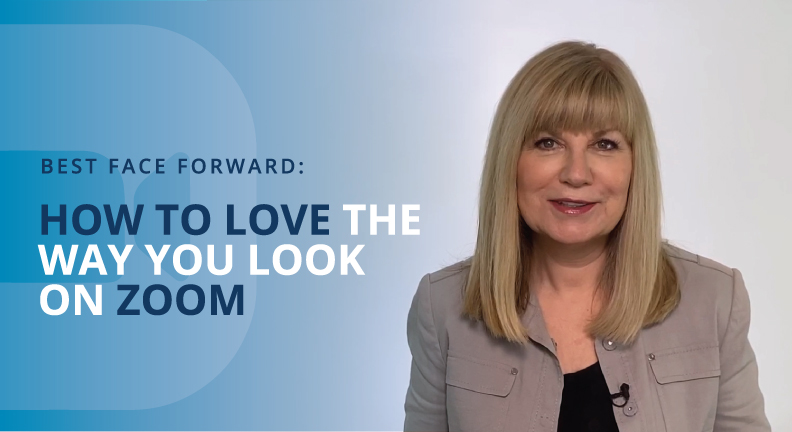For many of us, remote work is the new normal — at least for the foreseeable future.
But working from home can challenge us as humans. We’re hardwired for connection; and virtual meetings, although designed to replicate in-person interactions, just don’t feel the same. In fact, they can be downright exhausting.
Much of this fatigue can be attributed to sheer volume. In April 2020, Zoom reported 300 million daily participants, Webex hosted 20 billion minutes of meetings, and Microsoft Teams averaged 12 million new users per week. That’s a lot of virtual face time — even for the most seasoned executive.
Another factor that contributes to what’s now been dubbed “Zoom fatigue” is the inherent challenges that come with communicating virtually. Think about it: When you meet in person, you’re not looking at yourself during a meeting; you’re looking at the people around you. You make eye contact, read nonverbal cues, and feed off the energy in the room. All of these external influences make you feel more in control and more energized in a meeting.
During a video call, however, you often pay as much attention to your own face as that of the person you’re speaking with. Even if it’s just that little square up in the corner of the screen, it’s distracting. And it’s easy to get wrapped up in whether you look attractive, put together, and professional.
From a psychological perspective, it’s really not about your appearance at all — it’s about your brain. We view ourselves in the mirror multiple times a day, but what we actually see there is a reversed image of ourselves. On a smartphone or video call, however, our image is re-flipped, so we see what the outside world sees. The difference is subtle, but it’s enough to throw our brains off track and make us fixate on our appearance.
In the most basic terms, people prefer what they see and encounter most often — including their own faces. The University of Wisconsin conducted experiments in 1977 that support this idea: When shown photos of their true image and their mirror image, participants preferred their mirror image, while friends and romantic partners preferred the true image of the participants.
“The interesting thing is that people don’t really know what they look like,” Nicholas Epley, author of “Mindwise: Why We Misunderstand What Others Think, Believe, Feel, and Want,” told The Atlantic in 2014. “The image you have of yourself in your mind is not quite the same as what actually exists.”
Basic confirmation bias is another contributor to the challenge of seeing yourself on video. Essentially, your brain looks for signs that support what it already believes to be true. So if you’re already a little self-conscious (which most of us are), your little imperfections are all you will see.
All of these factors add up to unnecessary stress that can leave us feeling overwhelmed by the end of the workday. The good news is that there are small changes you can make to feel better about the way you look on camera, so you can be more effective in your online meetings and get back to focusing on results.
In one of our webinars, How to Love the Way You Look on Zoom, you’ll learn five easy tweaks and tricks of the trade for getting more comfortable on Zoom.

